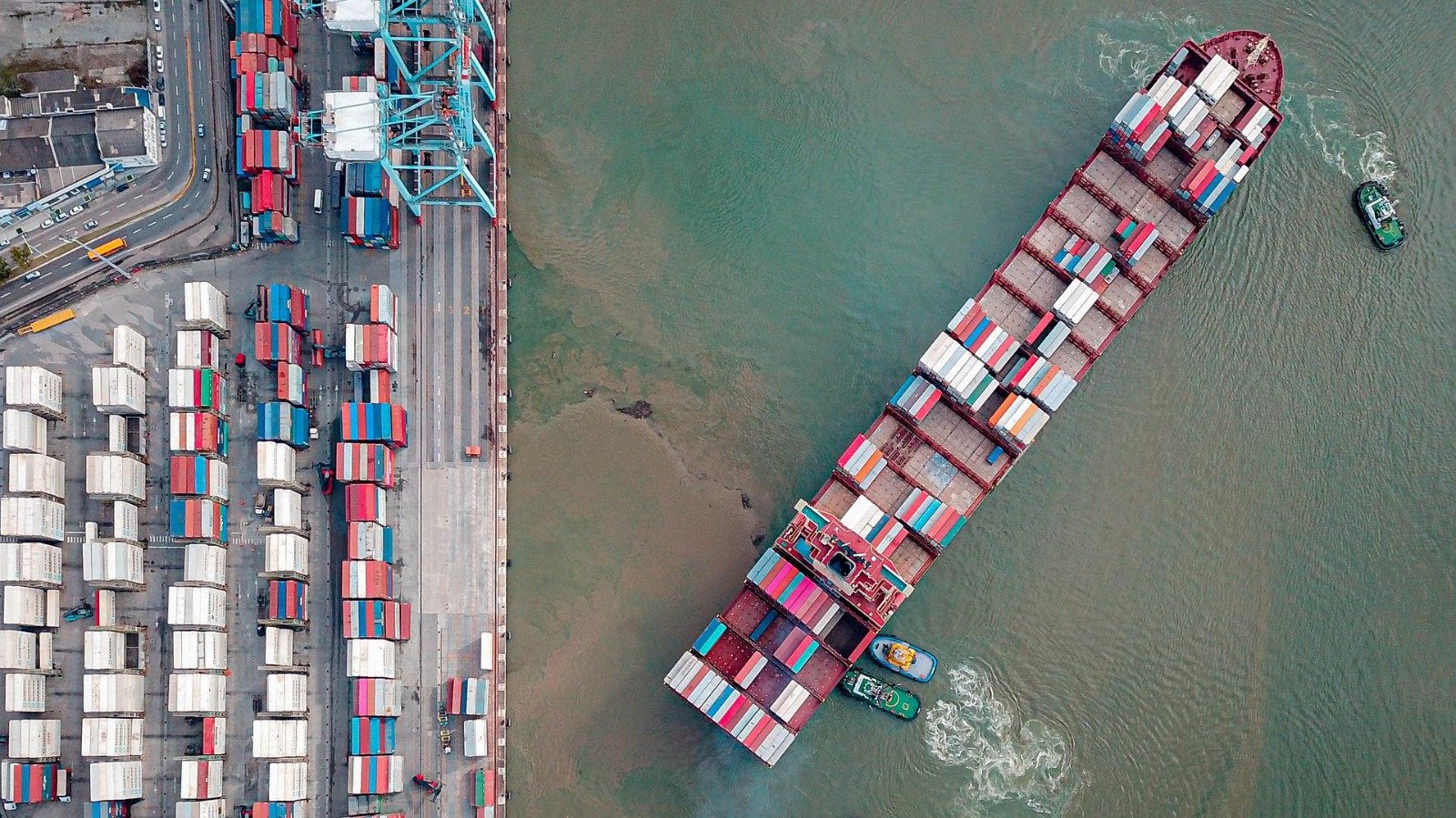Containership data builds business case for JIT arrivals
Just In Time arrivals could result in a significant drop in fuel consumption and associated emissions according to a recent study by the IMO-Norway GreenVoyage2050 project’s Global Industry Alliance to Support Low Carbon Shipping

- Credit: Pixabay
Just In Time (JIT) arrivals could result in a significant drop in fuel consumption and associated emissions according to a recent study by the IMO-Norway GreenVoyage2050 project’s Global Industry Alliance to Support Low Carbon Shipping (Low Carbon GIA). The study, Just In time Arrival: Emissions reduction potential in global container shipping, used AIS data from the calendar year 2019 (pre-pandemic), to calculate fuel reduction in three JIT scenarios.
In the case where container vessels were able to adjust their speed average over the entire duration of a voyage, JIT Arriv-als demonstrated fuel savings per voyage of 14.16%. A saving of 5.90% could still be achieved when JIT was applied during the last 24 hours of the voyage and 4.23% when applied in the last 12 hours. Given increasing bunker costs, which at time of print ranged from $585-950 per tonne of HSFO-380 and $900-1580 per tonne of VLSFO 0.5%, this reduction in fuel consumption will result in significant cost savings.
“Although our study was based on con-tainership data, it demonstrates that there are both, environmental and operational benefits to arriving Just In Time – and these may also apply to other ship segments to varying extents,” explains Astrid Dispert, Project Manager of IMO-Norway Green-Voyage2050. “However, these are only theoretical findings and further work needs to be undertaken to promote understanding of JIT arrivals among relevant stakeholders.”
The increasing environmental focus and tightening emission regulations are prompting conversations about technical and operational means by which to reduce shipping’s carbon footprint.
“In fighting climate change, global shipping has a steep mountain to climb, and we need to pull all levers to deliver in line with the Paris Agreement. The study underlines that while we work to accelerate and scale the availability of the future green fuels, in the short-term significant emissions reductions can be achieved by bringing vessels, terminals and ports together to exchange standardised data and facilitate Just In Time arrivals,” said Capt. Andreas M. van der Wurff, Port Optimisation Manager at A.P. Moller-Maersk and Chair of the Low Carbon GIA Ship-Port Interface workstream.



